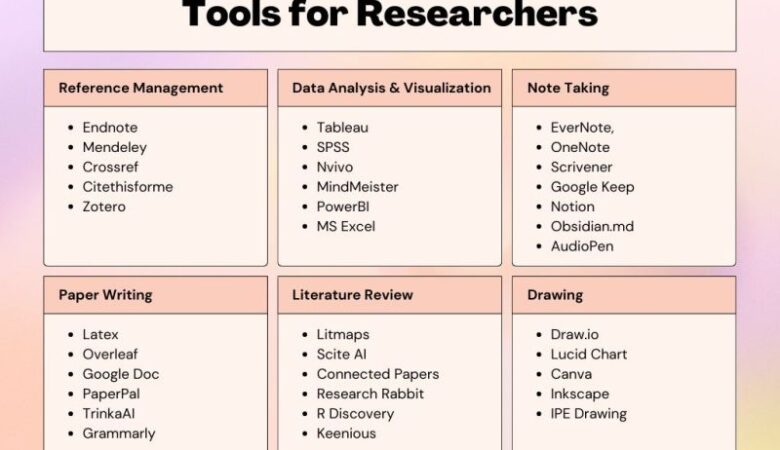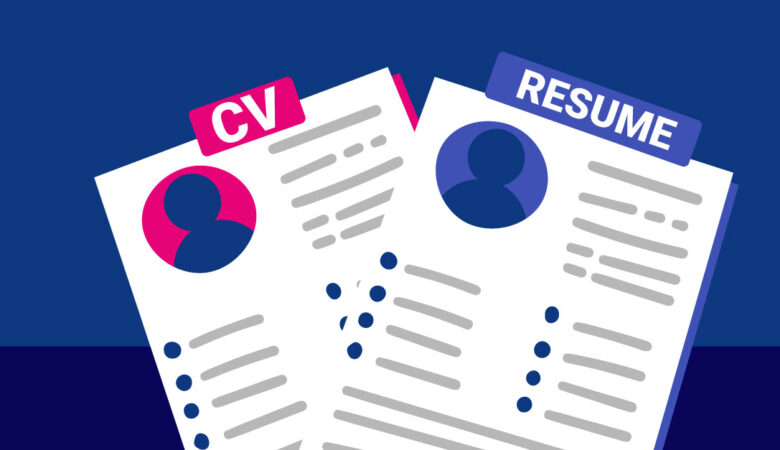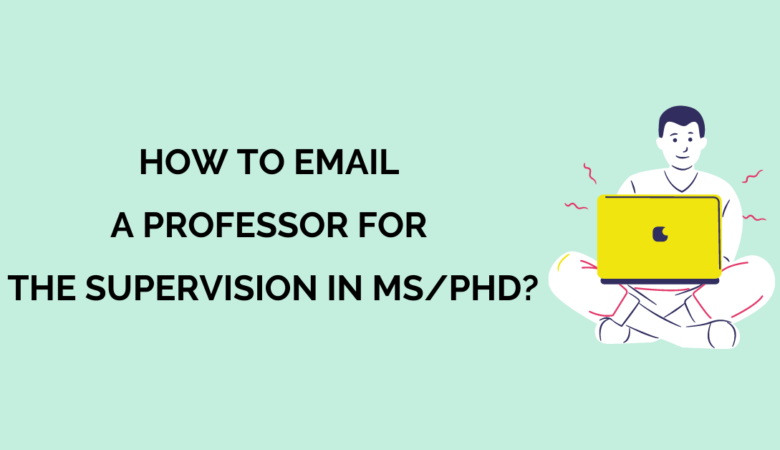Canada has emerged as a top study destination for over 250,000 international students, drawn by world-class education, welcoming multicultural communities, and post-graduation work opportunities. Consistently ranking as the #1 country for quality of life, Canada offers everything from bustling metropolises to serene campus towns surrounded by four distinct seasons. In this comprehensive guide, we’ll cover:
Top Canadian Universities for international students
Study in Canada without IELTS: institutions and pathways
Canada scholarships: government, university, and private funding
Cost of studying in Canada and money-saving tips
How to apply for a Canada study visa
Living expenses and part-time work while studying in Canada
Let’s dive in and discover why studying in Canada can be the life-changing experience you’ve been dreaming of!
1. Top Universities in Canada for International Students
Internationalization is key when choosing a university abroad. Canada’s top institutions offer bachelor’s, master’s, and PhD programs in English and French, cutting-edge research facilities, and robust student support. Here are the best universities in Canada that consistently rank highly and welcome students from around the globe:
| University | Location | Notable Strengths | Admissions & Scholarships |
|---|---|---|---|
| University of Toronto (U of T) | Toronto, ON | World-leading research, diverse majors | Admissions; Lester B. Pearson Scholarship |
| University of British Columbia (UBC) | Vancouver, BC | Sustainability, forestry, computer science | Admissions; International Leader of Tomorrow Award |
| McGill University | Montreal, QC | Medicine, engineering, law | Admissions; McGill Fellowships |
| McMaster University | Hamilton, ON | Health sciences, engineering, business | Admissions; McMaster Entrance Awards |
| Université de Montréal (UdeM) | Montréal, QC | French-language excellence, AI research | Admissions; Quebec Government Scholarships |
| University of Alberta (UAlberta) | Edmonton, AB | Petroleum engineering, arts & sciences | Admissions; International Country Scholarships |
| University of Waterloo | Waterloo, ON | Computer science, co-op programs | Admissions; President’s Scholarship |
| University of Ottawa (uOttawa) | Ottawa, ON | Bilingual programs, political science | Admissions; Chancellor’s Scholarship |
Insider Tip: When researching top Canadian universities, pay attention not only to global rankings but also to specialized program strengths, co-op/internship opportunities, and post-graduate work permit (PGWP) eligibility.
2. Study in Canada Without IELTS: English Proficiency Alternatives
Though IELTS is widely recognized, many Canadian universities without IELTS accept alternative proof of English proficiency or waive requirements under certain conditions:
| Institution | Alternative Requirements | Notes |
|---|---|---|
| University of Saskatchewan | TOEFL, Duolingo English Test, previous study in English | Conditional admission available |
| University of Winnipeg | Successful completion of UWinnipeg English Proficiency course | On-campus test option |
| Brock University | Pearson Test of English (PTE), CAEL | Automatic assessment via secondary transcripts |
| University of Regina | Manitoba Test of English Language Proficiency (MTELP) | Intensive English Language Centre (IELC) pathway |
| Carleton University | CanTEST, Michigan English Language Assessment Battery | Offers bootcamps for English improvement |
| Concordia University | Concordia EAP courses; Duolingo | EAP completion waives IELTS |
| Cambrian College | Cambrian ELS program; IELTS prep | Fast-track to diploma programs |
| Memorial University of Newfoundland | CELPIP, Duolingo | Unique Newfoundland accents support |
Pro Tip: Many colleges offer conditional admission based on completion of their English for Academic Purposes (EAP) programs—no IELTS needed! Always verify the university’s official documentation and language requirements portal.
3. Canada Scholarships for International Students
Canada provides abundant scholarship opportunities, ranging from fully funded to partial awards, offered by:
- Federal Government:
- Vanier Canada Graduate Scholarships (PhD level)
- Canada Graduate Scholarships–Master’s
- Global Affairs Canada:
- Government of Canada’s International Scholarships
- Partnerships with Fulbright, Commonwealth, and Canada-ASEAN
- Provincial Governments:
- Ontario Graduate Scholarship (OGS)
- Quebec Merit Scholarship for Foreign Students
- Universities & Colleges:
- Lester B. Pearson International Scholarship (U of T)
- President’s Scholarship (University of Waterloo)
- UBC International Leader of Tomorrow Award
- Private Foundations & NGOs:
- Mitacs Globalink Research Internship
- McCall MacBain Scholarships (McGill)
- Rhodes Scholarship at Oxford (via Canada)
Featured Scholarships 2024–2025:
University of Toronto Lester B. Pearson Scholarship (fully covers tuition, books, incidental fees, and full residence support)
Mitacs Globalink Research Internship (CAD 6,000 stipend + travel support)
McGill University Global Excellence Scholarship (up to CAD 20,000/year)
Action Step: Visit the official scholarship portals at universities, Mitacs, and Global Affairs Canada for deadlines and application instructions.
4. How Much Does It Cost to Study in Canada?
Compared to countries like the US or UK, study in Canada is affordable. On average, international student tuition ranges from:
Undergraduate: CAD 20,000–30,000 per year
Master’s: CAD 15,000–25,000 per year
PhD: CAD 8,000–20,000 per year (often funded)
Additional Fees:
Health insurance: CAD 600–900 per year
Student union & activity fees: CAD 200–500 per year
Tip: Opt for economical provinces (e.g., Manitoba, Nova Scotia) where tuition and living costs are on the lower end of the spectrum.
5. How to Apply for a Canada Study Visa: Step-by-Step
To obtain a study permit (study visa), follow these steps:
- Letter of Acceptance: Secure admission from a Designated Learning Institution (DLI).
- Gather Documents:
- Valid passport
- Letter of Acceptance from DLI
- Proof of financial support (bank statements, scholarship letters)
- Medical exam & police clearance (if required)
- Statement of Purpose explaining study goals in Canada
- Apply Online via IRCC portal.
- Pay Fees: CAD 150 for study permit + CAD 85 for biometrics.
- Biometrics Appointment: Schedule at a Visa Application Centre.
- Processing Time: Varies by country—generally 4–12 weeks.
- Receive Port of Entry (POE) Letter: Present to Canada Border Services upon arrival.
Insider Tip: Submit documents early, and include a detailed cover letter addressing any COVID-19 related delays or missing paperwork to avoid processing delays.
6. Can I Study in Canada for Free?
Canada does not offer completely tuition-free universities like Germany or Norway. However, you can significantly reduce costs by:
Earning scholarships, fellowships, and assistantships
Working part-time on campus (up to 20 hours/week)
Attending low-tuition colleges (e.g., Memorial University of Newfoundland, College of the North Atlantic)
Living in affordable cities (e.g., Winnipeg, Quebec City instead of Toronto or Vancouver)
Money-Saving Hacks:
Cook in bulk instead of eating out
Use second-hand bookstores and student discounts
Share an apartment with roommates to split rent and utilities
Utilize public transit passes and walk or bike when possible
7. Work While Studying in Canada
Canada’s Post-Secondary Work Permit allows students to work off-campus for up to 20 hours/week during academic sessions and full-time during scheduled breaks. To qualify:
- Hold a valid study permit
- Be enrolled full-time at a DLI
- Maintain satisfactory academic standing
Upon graduation, you may be eligible for a Post-Graduation Work Permit (PGWP) for up to three years, enabling you to gain valuable Canadian work experience and potentially qualify for permanent residency through programs like Express Entry.
8. Monthly Cost of Living in Canada
| Expense | Estimated Cost (CAD) |
|---|---|
| Accommodation (shared) | 600–900 |
| Food & Groceries | 300–500 |
| Transportation | 80–150 |
| Utilities & Internet | 100–150 |
| Health Insurance | 50–75 |
| Miscellaneous | 150–200 |
| Total | 1,280–1,975 |
Pro Tip: Budget for seasonal clothing (winters can be harsh!), and apply for student transit cards for discounted fares.
Conclusion: Your Path to Success in Canada
Studying in Canada offers the perfect blend of academic excellence, cultural diversity, and career prospects. From top universities like U of T and UBC to scholarships such as the Lester B. Pearson Award, and from affordable living to post-graduation work pathways, Canada truly has it all.
Next Steps:
- Research DLI programs aligned with your goals.
- Prepare your English proficiency proof or EAP alternative.
- Apply for scholarships early using official portals.
- Secure your study permit through the IRCC online system.
- Plan your budget, accommodation, and part-time job search.
Take the leap—your Canadian education and future career await!
For detailed, up-to-date information, visit:
- IRCC Study in Canada: https://www.canada.ca/en/immigration-refugees-citizenship/services/study-canada.html
- EduCanada Scholarships: https://www.educanada.ca
- University Admissions Portals (links above)







Leave a Reply